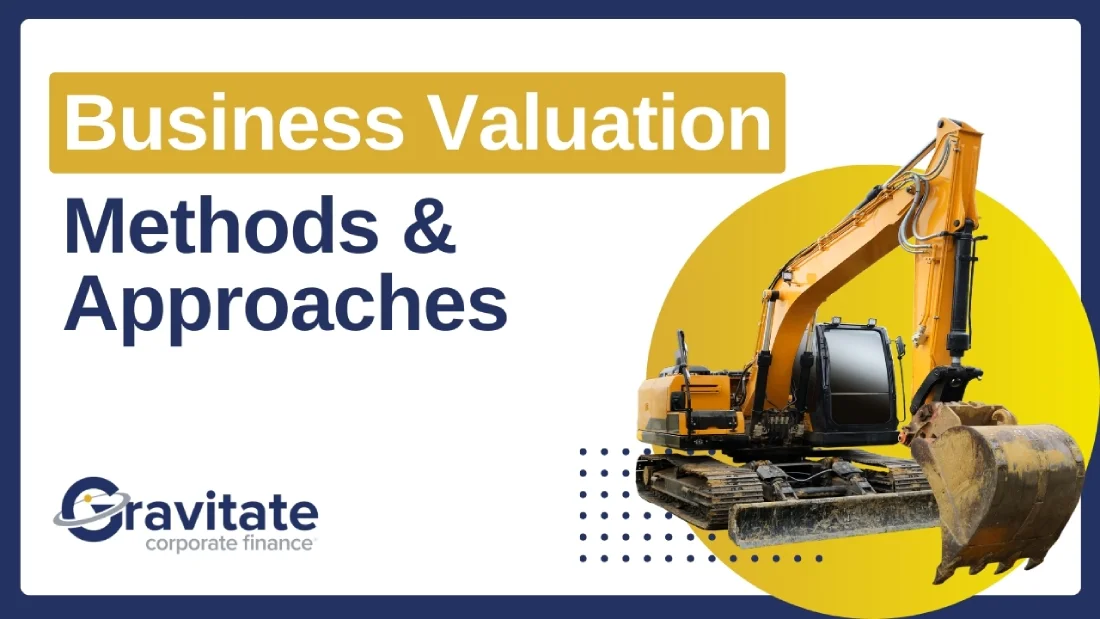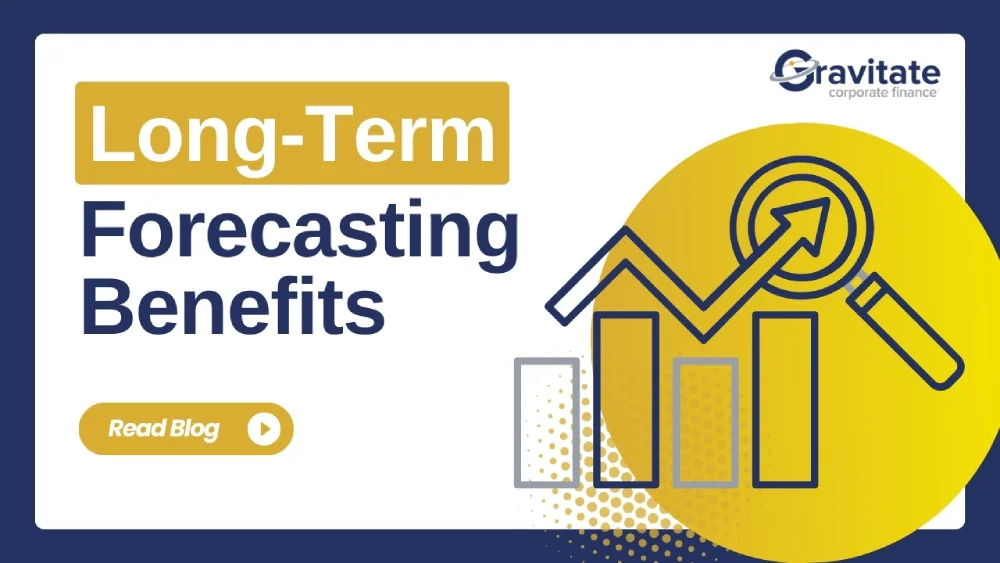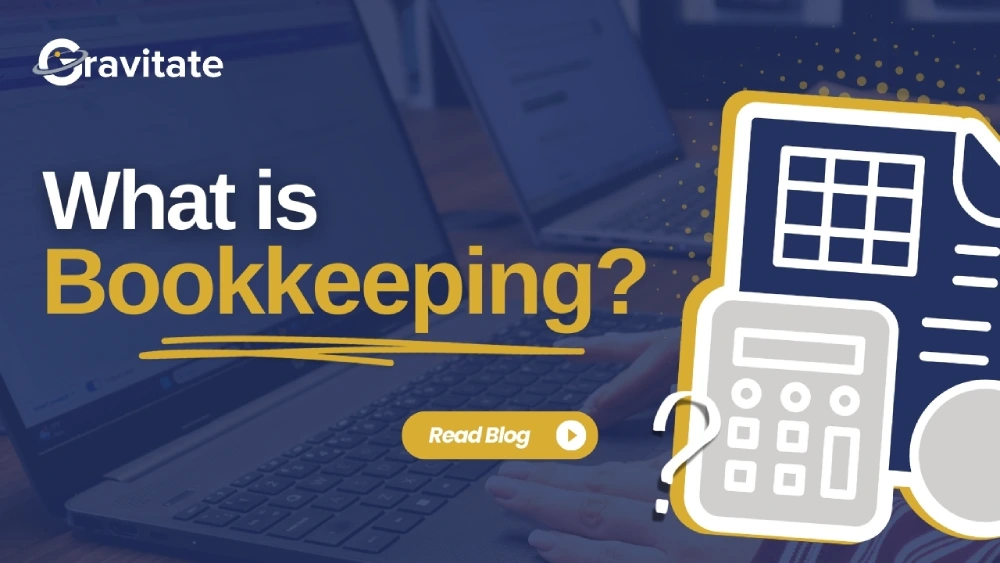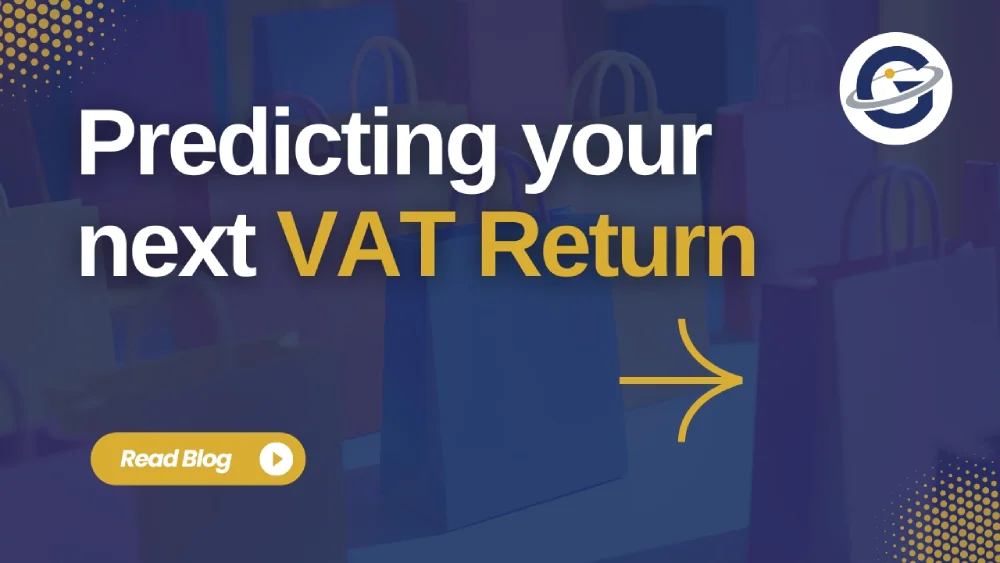A company car is a really useful benefit for employees suited to it, but it is not the only way a business can provide access vehicles that employees may not otherwise be able to afford.
While they sound similar, car allowances are separate alternative to a company car policy.
The question is, which is the better choice? As you might expect, the right vehicle scheme for a business depend on the preferences and needs of both the employer and the company.
This blog will outline the key differences between company cars and car allowances.
What is a company car?
Most people have heard of company cars. What is less well understood is how they work. Company car schemes enable businesses to provide employees with vehicles for personal and business use. It can be a valuable benefit for employees who travel on the job regularly.
In a typical company car policy, the company will own or lease a vehicle and make it available for the employee to use.
There are, however, lots of things to get right for a successful policy, especially with regards to tax (which we cover in more detail below).
How can company cars be offered to staff?
Cars aren’t cheap and buying them outright for use by employees usually isn’t practical for a business. Instead, they can offer company cars through methods like contract hires and finance leasing.
Fleet insurance for company cars
It is a legal requirement for all vehicles used on public roads to have at least third-party motor insurance. Therefore, if a company owns cars that are driven on public roads, those cars must be insured. Fleet insurance covers multiple company vehicles under one policy, simplifying management and often reducing costs.
What is a car allowance?
A car allowance, unlike a company car policy, is a sum of money paid by the company to the employee to go towards the purchase or lease of their own vehicle. This allowance will usually be added to their salary, and they will ultimately own the vehicle.
As a result, the employee will be responsible for all vehicle running costs. However, they may claim a Mileage Allowance Relief for business mileage if the company pays less than the approved mileage rates set by HMRC.
Company car allowances will be added to an employee’s taxable income (so they will need to pay Income Tax and National Insurance on it).
Comparing company cars and car allowances
Company cars and car allowances – Tax considerations
Tax treatment is where one of the biggest differences lies between company cars and car allowances.
Company cars and Benefit in Kind (BIK) tax
Company cars are classed as a Benefit in Kind (BIK), which means they are taxed. The amount of tax payable for a company car depends on a combination of:
- The vehicle’s CO2 emissions
- The list price of the vehicle
- The employee’s Income Tax band
- (For hybrid cars) Electric miles
Typically, lower emissions mean a lower rate of BIK tax. Employers must also pay Class 1A National Insurance on the BIK value.
This is all reported to HMRC currently through P11D forms; however, from April 2026, payrolling of Benefits in Kind will become mandatory. This means the taxable BIK value will be added to the employee’s regular payroll.
Read more: Benefits in Kind and tax
Tax and Car Allowances for employees
Tax is somewhat simpler for car allowances, but not necessarily in a beneficial way.
Car allowances are added to an employee’s regular income, which means Income Tax and NICs are payable on them based on their tax band. Employees considering car allowances should bear this in mind, especially if the car allowance may push them into a higher tax bracket.
The good news is employees may be able to claim Mileage Allowance Relief (MAR) from HMRC if their employer's mileage reimbursement is lower than the approved mileage rates. This allows them to claim tax relief on the difference.
Car allowances must be reported via payroll.
The pros and cons
The tables below will outline the key pros and cons of each scheme. This isn’t exhaustive, and we recommend speaking to your accountant for a full analysis.
Company car schemes
Car allowances
Your company car or car allowance policies should be carefully planned and form part of your wider finance and growth strategies. We encourage anyone unsure of which option is best for them to speak to a qualified accountant and tax adviser for more information.

.png)


.png)

.png)
.png)

.png)
.png)
.png)













.png)
.png)
.png)

.png)
.png)

.png)

.jpg)















.jpg)

.webp)
.png)

.svg)
